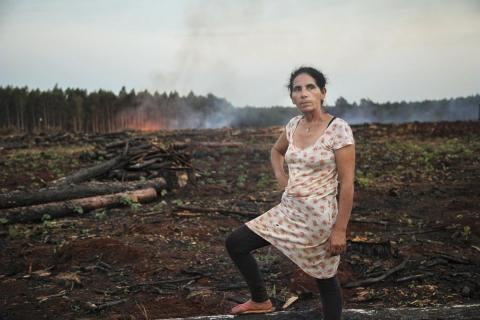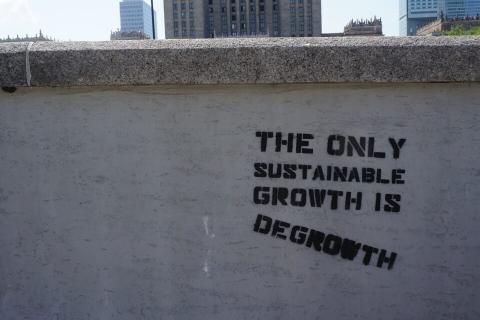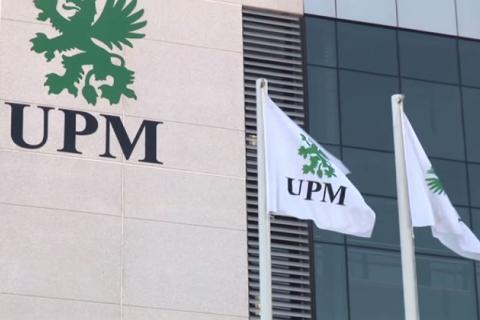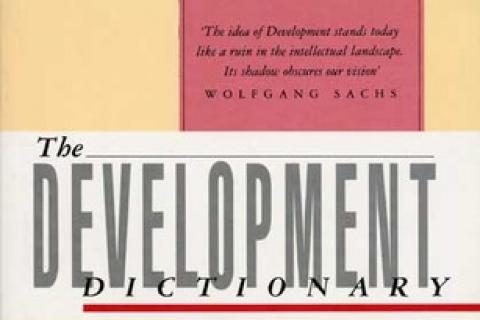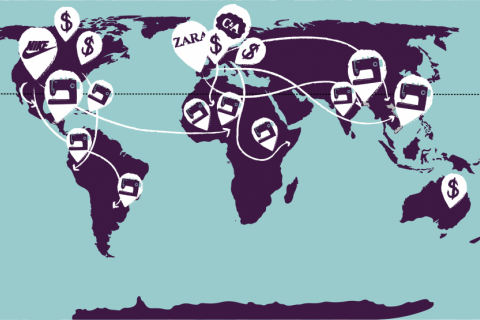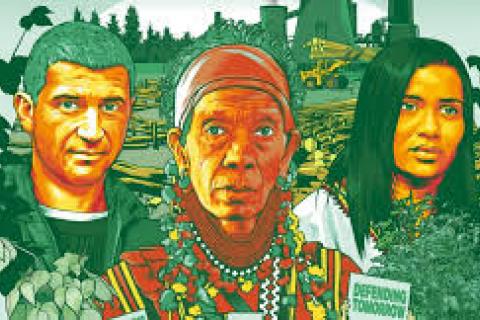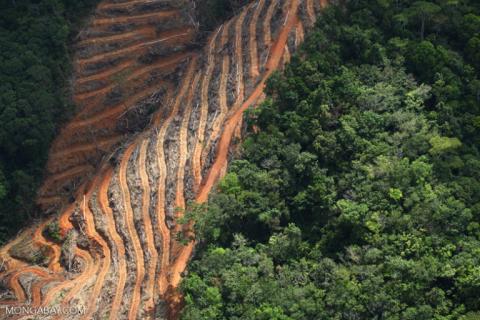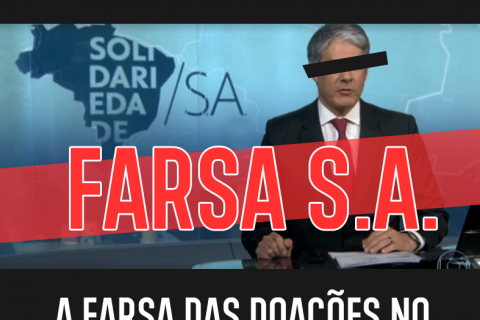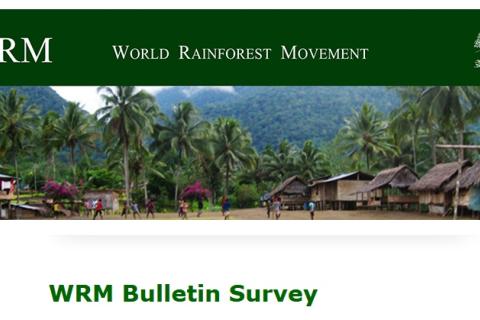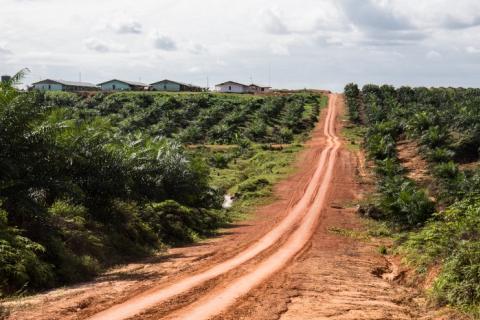A sign-on statement denounces public development banks for financing companies and private projects that heavily impact communities, their food sovereignty and territories. From 9-12 November 2020, 450 finance institutions gathered for the first international meeting of public development banks, dubbed the “Finance in Common” summit, hosted by the French government. These institutions collectively spend $2 trillion a year on so-called development projects – roads, power plants, agribusiness plantations and more - claiming that these corporate projects drive growth and jobs.
Other information
The organization, Independent Producers of Piray, in Argentina, organized to stop the Alto Paraná company and the monoculture of pine trees. The Alto Paraná company was acquired in 1996 by multinational pulp company, Arauco. The peasant women and men resisted and achieved something rarely seen: expropriation of lands from the multinational company. The organization also produces food for food sovereignty.
The last bulletin related to the global pandemic from the organization Focus on the Global South encompasses seven articles that pose the question on how and if strategic economic transformations might emerge in this context.
Members of MOVUS (Movement for a Sustainable Uruguay) denounced before the courts that UPM pulp company failed to comply the environmental conditions under which the installation of its new pulp mill in the department of Durazno, Uruguay, was authorized. They request the suspension of the works in progress until these requirements are fully met.
This 1992 book, edited by Wolfgang Sachs, compiles more than 15 key concepts that served as a basis for, and a way to expand, destructive discourse about “development.” Each of the concepts analyzed in the book synthesizes a set of assumptions that reinforce the Western world view, wherein certain aspects and subjects of reality are highlighted and others are excluded. This is a necessary reflection that is still current today.
Women’s March Global and Semperviva Feminist Organization (SOF) have produced a series of videos that bring a feminist critique to reflect on corporate power in three industrial sectors of exploitations: the food industry, the digitalization industry and the textile industry.
The NGO Global Witness recently released its 2019 report on the violence against land and environmental defenders - those who are at the frontlines of resisting the devastation and exploitation of people and territories. Their report evidences that 2019 was the year with the highest number yet of people murdered in one year since 2012, when the NGO began to publish data. 212 land and environmental defenders were killed in 2019, an average of more than four people a week. Over half of all reported killings occurred in two countries: Colombia and the Philippines.
Three-quarters of oil palm concessions in Indonesia and Malaysian Borneo certified by the Roundtable on Sustainable Palm Oil (RSPO) occupy land that was forest and/or wildlife habitat as recently as 30 years ago.
A network of civil society organizations and social movements launched a letter to expose how big companies (agribusiness, industrial tree plantation, oil and mining sectors) take advantage of this time of crisis with the Covid-19 pandemic to strengthen the image of their brands by making donations to vulnerable populations. Meanwhile, they continue operating in the midst of the pandemic.
We invite you to complete the survey. Your inputs, suggestions and constructive critiques are essential for the planning and production of the WRM Bulletin.
Here we share some fragments of a conversation between the journalist Margaret Prescod, from the Sojourner Truth radio show on KPFK Radio, and Winnie Overbeek, WRM coordinator, on July 9th 2020.
The documentary “Selling out West Papua”, shown on Al Jazeera, with associated reporting by news portals Gecko and Mongabay, reveals how two Korean companies, Posco and Korindo, are engaging in corrupt deals as they buy up forests on a large scale to develop oil palm plantations in West Papua. The impacts for communities are devastating.

